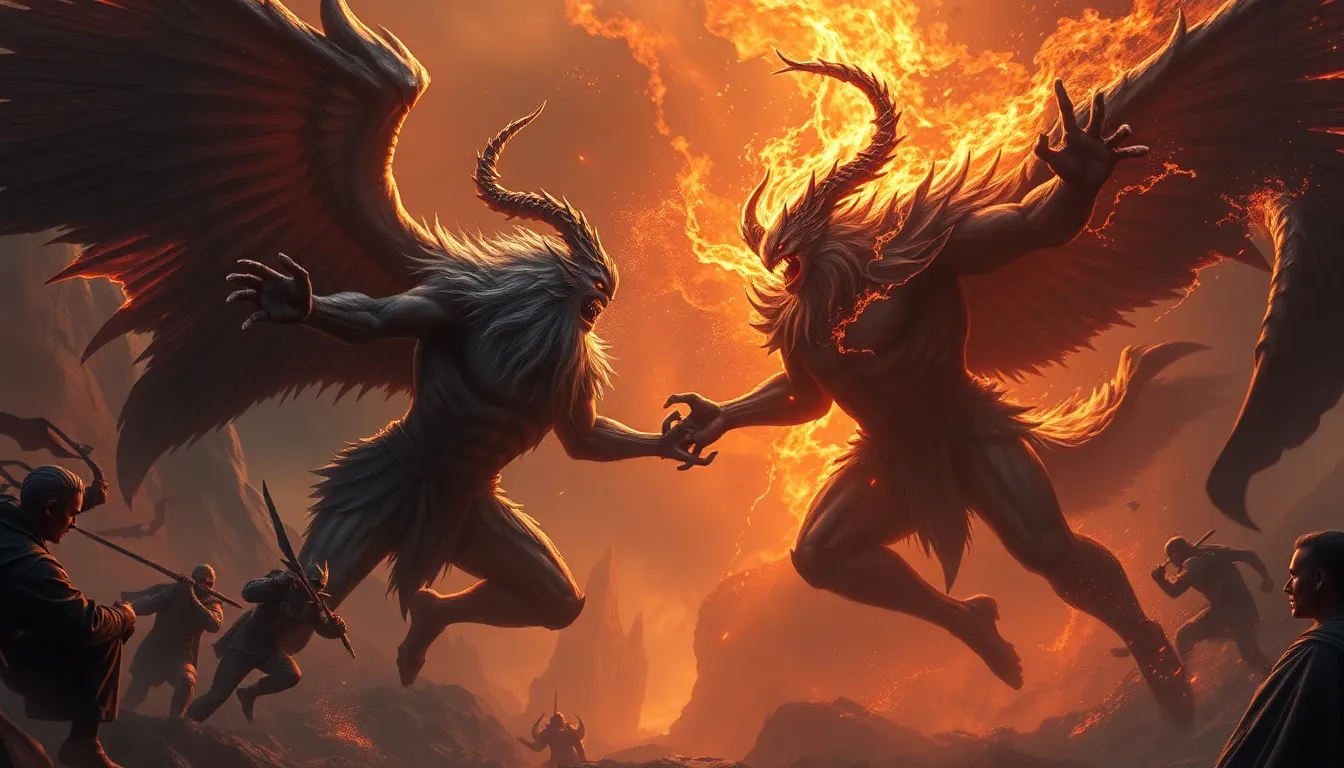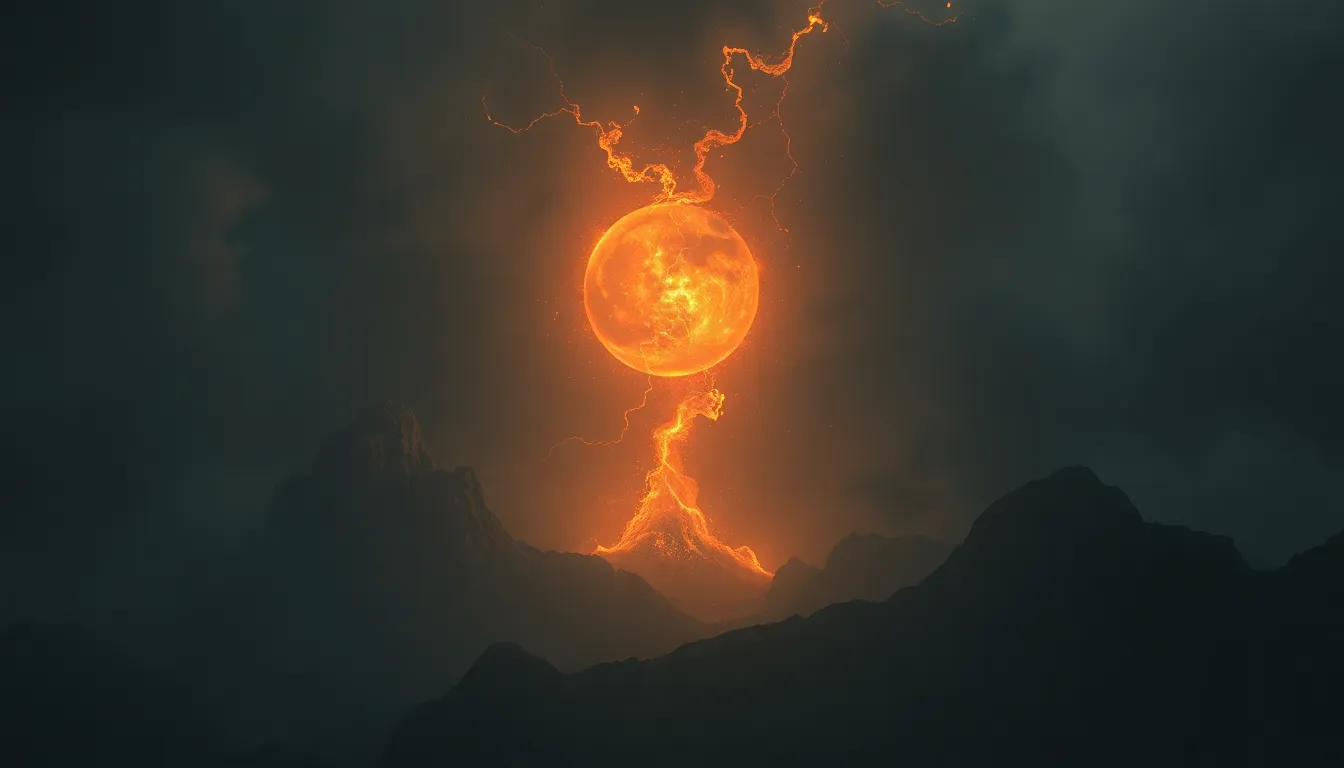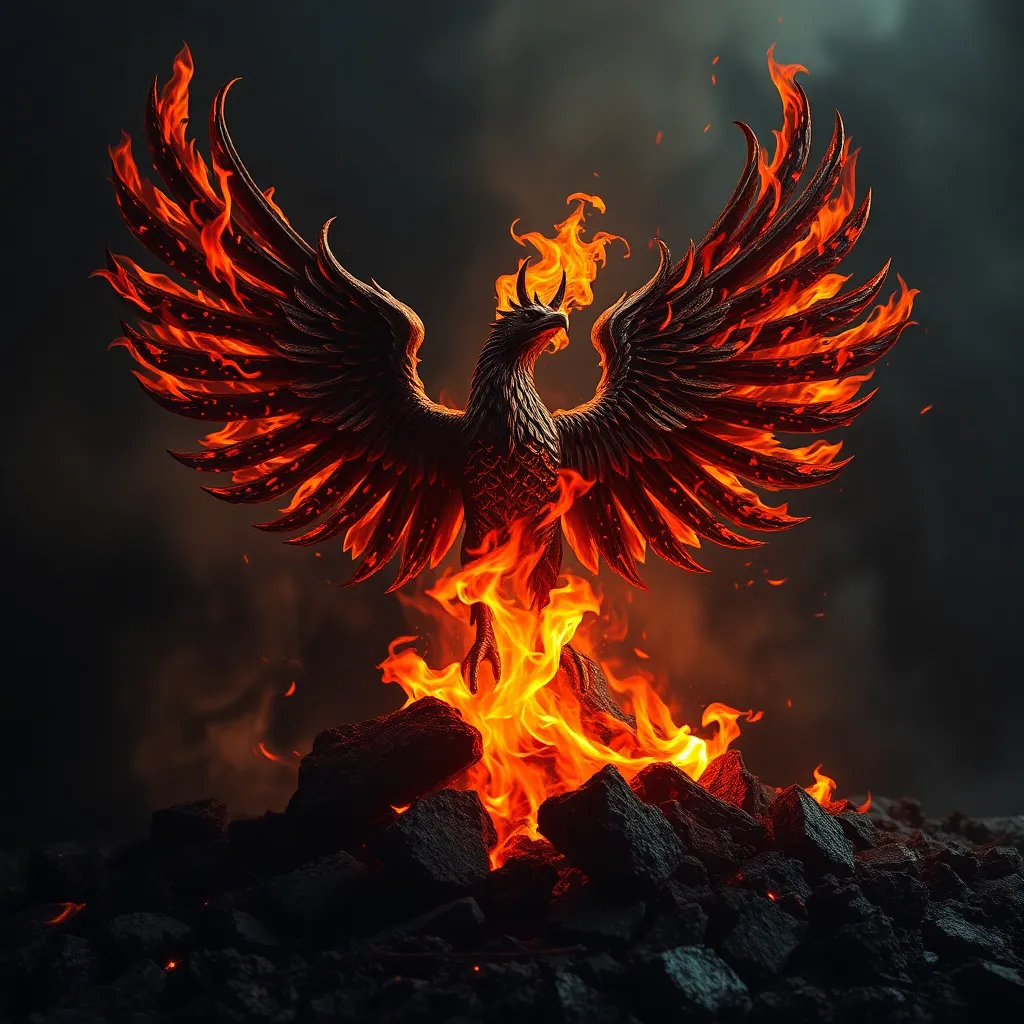Heroic Legends: The Most Epic Mythological Showdowns!
Introduction to Mythological Showdowns
Mythological showdowns are epic battles or confrontations that occur within the narratives of various mythologies across the globe. These encounters often involve gods, heroes, and mythical creatures, symbolizing the struggle between good and evil, order and chaos. Such showdowns are significant as they reflect the values, beliefs, and cultural narratives of the societies that tell these stories. In this article, we will delve into some of the most legendary mythological confrontations, exploring their characters and the impact they have had on their respective cultures.
The Role of Heroes in Mythology
The archetype of the hero is a central theme in mythological tales. Heroes are often depicted as individuals who embark on quests, confront formidable foes, and undergo significant transformations throughout their journeys. They embody virtues such as bravery, sacrifice, and resilience, serving as role models for generations. The hero’s journey typically involves:
- A call to adventure
- Facing trials and challenges
- Receiving guidance from mentors
- Achieving a crucial victory
- Returning transformed
These elements illustrate the universal quest for identity and purpose, resonating with audiences across different cultures and eras.
Classic Greek Myths: Gods, Titans, and Epic Battles
Greek mythology is rich with tales of gods and heroes engaged in dramatic conflicts. One of the most notable showdowns is between Zeus and his father, Cronus. Cronus, fearing that his children would overthrow him, devoured them at birth. However, Zeus, the youngest son, escaped this fate and later led a rebellion against Cronus, resulting in the Titanomachy, a ten-year war that ultimately established the reign of the Olympian gods.
Another iconic conflict is the Trojan War, a saga filled with heroic battles. Central figures like Achilles and Hector embody the complexities of honor and vengeance. Their encounters, particularly the duel between them, showcase the tragic consequences of pride and the futility of war.
Norse Mythology: Ragnarok and the Final Battle
In Norse mythology, Ragnarok is the prophesied apocalypse that signifies the end of the world and the final battle between the gods and their foes. Key figures in this cataclysmic event include Odin, Thor, and Loki. The prophecy foretells Loki’s betrayal, leading to a fierce battle where gods face giants and monstrous creatures. The resilience of Thor and the wisdom of Odin are pitted against chaos, symbolizing the eternal struggle between order and disorder.
Hindu Epics: The Mahabharata and the Battle of Kurukshetra
The Mahabharata is one of the longest epic poems in history, centering around the conflict between two factions of a royal family—the Pandavas and the Kauravas. The Battle of Kurukshetra serves as the backdrop for this monumental clash of duty, morality, and brotherhood. Among the central figures, the duel between Arjuna and Karna stands out as a profound moment of destiny and ethical conflict, demonstrating the complexities of dharma (duty) in human life.
Celtic Legends: The Tragic Tale of Cú Chulainn
Cú Chulainn, a hero of Irish mythology, is renowned for his superhuman abilities and his tragic destiny. His confrontation with Queen Medb, who seeks to steal a prized brown bull, culminates in a famous single combat. Cú Chulainn’s valor and tragic fate reflect the themes of heroism, loyalty, and the consequences of warfare, entrenching him as a symbol of Irish cultural identity.
Egyptian Mythology: Osiris vs. Set
The conflict between Osiris and his brother Set is a cornerstone of Egyptian mythology. Set, the god of chaos, murders Osiris to seize the throne, leading to a series of struggles involving Osiris’s wife, Isis, and their son, Horus. This battle represents the eternal struggle between order (represented by Osiris and Horus) and chaos (embodied by Set), highlighting the importance of harmony and balance in the Egyptian worldview.
Asian Mythology: The Chinese Epic of Journey to the West
In Chinese mythology, the epic tale of Journey to the West features the Monkey King, Sun Wukong, who is known for his incredible strength and magical abilities. His battles against celestial beings and demons are not just physical confrontations but also embody a struggle for enlightenment and self-discovery. These encounters are deeply rooted in Chinese culture, illustrating the themes of perseverance, loyalty, and the quest for spiritual awakening.
Modern Adaptations of Mythological Showdowns
Mythological showdowns have been reimagined in contemporary media, resonating with modern audiences through films, books, and video games. Examples include:
- The Marvel Cinematic Universe’s portrayal of Norse gods, particularly Thor and Loki.
- The adaptation of Greek mythology in films like “Troy” and “Clash of the Titans.”
- Video games like “God of War,” which delve into various mythologies, showcasing epic battles.
These adaptations not only bring ancient stories to new life but also highlight their enduring relevance in exploring human experiences and values.
Conclusion: The Enduring Legacy of Mythological Showdowns
Mythological showdowns continue to shape cultural narratives and values across the globe. They offer insights into the human condition, exploring themes of heroism, sacrifice, and the eternal battle between good and evil. As we reflect on these epic tales, it becomes clear that the legacy of heroic legends remains vital in understanding our world today, reminding us of the timeless nature of these stories and their ability to inspire and teach valuable lessons across generations.



